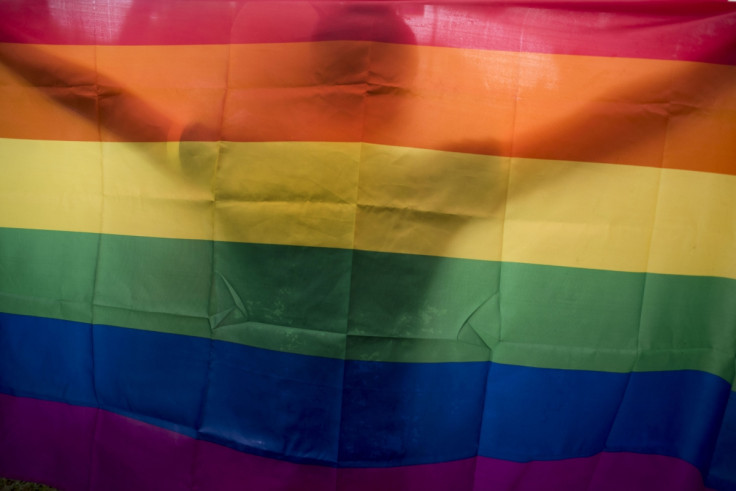Uproar as Muslim countries block LGBT groups from attending UN Aids conference

Uproar is ensuing among major Western countries after the Organization of Islamic Cooperation (OIC) managed to block 11 organisations - linked to gay, lesbian and transgender rights groups - from attending the United Nations conference on Aids in New York next month.. The letter, dated 26 April from Egyptian authorities, was submitted on behalf of the 51 OIC member countries.
"If you're serious about getting zero [Aids cases], then it's vital to include all communities."
No reasons were given for the request to block the attendance of these groups but non-governmental organisations say that the OIC is trying to ban are from Egypt, Estonia, Guyana, Jamaica, Kenya, Peru, Thailand, Ukraine, Africa and even the US from attending. All of the countries facing potential bans are all believed to focus on LGBT rights.
The request however has not gone done well with a number of Western countries. The US has written to the General Assembly President Mogens Lykketoft, asking that these groups be allowed to attend the conference. US Ambassador Samantha Power, in a 13 May letter to Lykketoft, said that the groups singled out "appeared to be chosen for their involvement with gay and transgender issues".
She continued: "Given that transgender people are 49 times more likely to be living with HIV than the general population, their exclusion from the high level meeting will only impede global progress in combatting the HIV/AIDS pandemic and achieving the goal of an AIDS-free generation."
The EU has also written a letter expressing concern. In a letter signed by Ambassador Joao Vale de Almedia, it said asked for information about which countries objected and the reasons why the groups had been struck off from the initial list of participants. "If you're serious about getting zero [Aids cases], then it's vital to include all communities," the UK's deputy UN ambassador Peter Wilson said.
"It's wrong to block access to the U N for transgender organisations and gay organisations that have every right to participate in this important discussion," Wilson added. Canada has also raised concern that UN members could remove civil society groups from a conference without providing any justification.
The Associated Press said that late last year when Lykketoft negotiated the arrangements for the Aids conference to be held on 8-9 June, some member countries had insisted on being able to object to an NGO's participation without any public explanation. Lykketoft's office said that over 400 NGOs wanted to participate in the meeting and that there were objections to 29. The assembly president narrowed the list down to 22. The additional 11 NGOs were not LGBT-related.
On Wednesday (18 May), in response to the letters of protests received from the Western countries, Lykketoft said that he had done everything in his power to ensure the broadest participation. However, he was limited by his mandate which did not allow him to provide the names of the objectors.
© Copyright IBTimes 2025. All rights reserved.






















